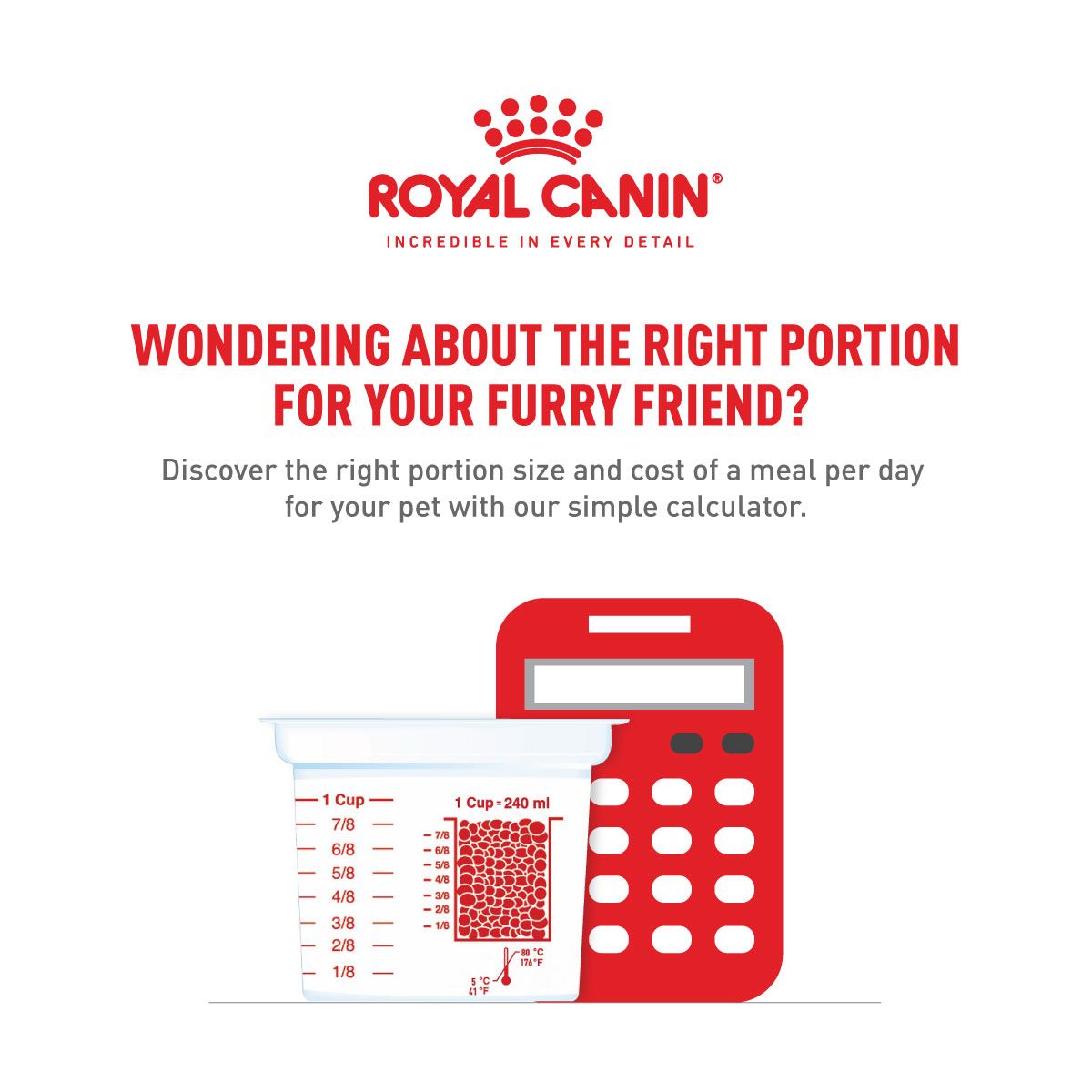Taking care of yourPUPPY'S HEALTH
In the first months of life your puppy goes through an amazing transformation. By taking care of their health, and helping them form healthy habits at this stage, you'll build the foundations for a healthy future together.

Six tips to keep your PUPPY HEALTHY
There are lots of simple things you can do in your early weeks together to keep your puppy healthy. Here are some tops tips from Royal Canin's vets and nutritionists.
Build your puppy's immunity with Tailored Nutrition
It's vital for your puppy's long-term health and wellbeing that they develop a strong immune system during the first months of life. Our formulas are scientifically developed to support their long-term healthy growth.
How to make the most of yourPUPPY’S FIRST VISIT TO THE VET
Once your puppy feels at home, it’s time for them to see the vet. There are important checks and treatments your vet needs to carry out, such as vaccinations and worming. These simple procedures will give your puppy the very best start to life.
Vaccinations and worming
Puppy vaccinations and worming are most effective when they are given at fixed dates with boosters. Your vet will be able to provide you with the most appropriate vaccination and worming schedule for your puppy.
Should I Sterilize My Puppy?
Sterilizing your puppy means you won’t be able to breed from them as it stops the production of perm or eggs. But it does offer a variety of health and behavioral benefits as well as preventing unwanted litters.
In male dogs, sterilization is called neutering.

Benefits of puppyNEUTERING AND SPAYING
- MALE DOGS
- FEMALE DOGS
- BOTH
When to have your PUPPY NEUTERED OR SPAYED
The usual time for sterilization is when puberty begins. For females this is usually between four and nine months, and for males it’s between seven and 10 months. Small dog breeds tend to reach puberty faster than larger breeds, so it’s best to ask your vet for advice on the best time for your puppy.

Changing your puppy's diet AFTER STERILISATION
After a puppy’s been neutered or spayed, they tend to gain weight more easily because they have a bigger appetite but are less active. Being overweight can cause various health problems, so it’s important to adjust your puppy’s diet.
Food designed for sterilized dogs has fewer calories and a higher fiber content to help your puppy feel full without gaining too much weight. Ask your vet for advice on your puppy’s new diet, and switch to it progressively a week before their operation so they can get used to it.


Common
health issues
FOR PUPPIES
Knowing the common health issues your
puppy might face, and the symptoms to
look out for, can help you feel reassured
and take better care of your puppy.

The right nutrition to help your puppy STAY HEALTHY
Your puppy’s diet is one of the most important factors in their long-term health and wellbeing. It influences everything from the strength of their bones and immune system to their digestive comfort and coat health.
As your puppy grows towards adulthood and beyond, their nutritional needs will change – especially over the first year. To help give them the best chance in life, it’s important you give them the right diet, in the right quantities for their age and individual needs.
View PUPPY RANGES
Nutrition tailored to meet the specific needs of puppies of different ages, sizes and breeds.







